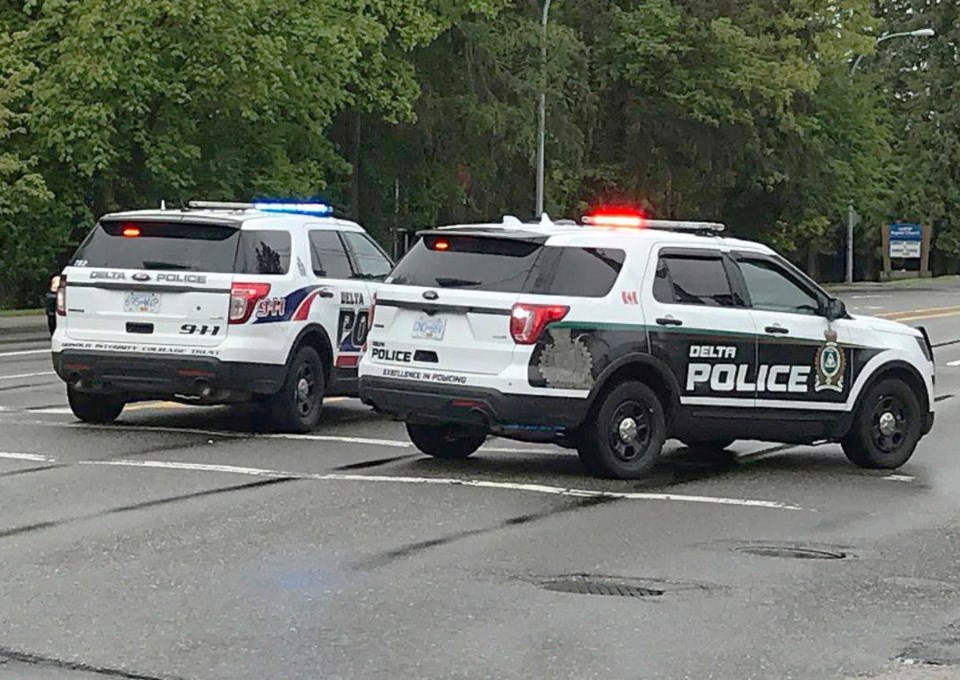It’s about preventing misconduct, avoiding police mistakes and promoting officer safety and wellness.
The Delta Police Department the first in B.C. to participate in the Active Bystandership for Law Enforcement (ABLE) project, aimed at first responders intervening when necessary to prevent their colleagues from causing harm or making costly mistakes.
A program developed by the Georgetown University Law Center which now had many local law enforcement agencies in the U.C. participating, it’s aimed at creating a police culture in which officers feel comfortable and have the skillset to intervene if they see their fellow on-duty officers, including more senior members or those higher in command, making mistakes when dealing with suspects or the public.
The program started following the tragic killing of George Floyd to serve as a national hub for active bystander scholarship, training, and technical assistance.
Several members of the Delta Police Department took part in the training and will be spreading that training throughout the department.
In a presentation to the Delta Police Board last Wednesday, Insp. Mo Parry said ABLE gives officers the tools they need to overcome powerful inhibitors to intervene in one another’s actions.
“I believe it will be one of the most impactful programs that this department will have ever delivered,” said Parry.
He also noted the project, launched in June 2020, is evidence-based with training built upon decades of research, field studies and on-the-ground experience.
Parry said a senior officer about to retire told him it was one of the most profound training sessions he had participated in and wished he had the training earlier in his career
ABLE is also not a disciplinary or a reporting program.
“The biggest crises we face in law enforcement as a profession is public trust and this is really addressing that at its core level by changing the culture,” said Parry.
Police Chief Neil Dubord said the program is being used the U.S. to create a more caring culture.
“What that means is that even though you may be a bystander, you may be the second officer at a call, there’s an importance for you to be able to step in should you be seeing some behavior or an officer having trouble in relation to how he’s communicating an item. Or if, for some reason, they’re losing their temper, or whatever is happening. They step in and are able to help that officer manage through that situation, rather than just sitting back and letting the primary officer take the call,” explained Dubord.
Deputy Chief Michelle Davey said the innovative training will eventually be folded into recruit training at the Justice Institute of BC where there’s significant interest.



